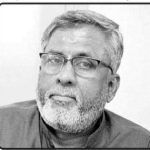
Ahsan Ansari
Pakistan Day, celebrated every year on 23rd March, holds great historical and national significance for the people of Pakistan. This is the day when, in 1940, the Lahore Resolution (also known as the Pakistan Resolution) was passed, laying the foundation for the creation of an independent Muslim state in South Asia. Additionally, it marks 23rd March 1956, when Pakistan adopted its first constitution, officially becoming the world’s first Islamic Republic.
This national day is observed with grand celebrations, military parades, flag-hoisting ceremonies, national awards, and other special activities across the country. It serves as a reminder of the struggles and sacrifices made by the founding fathers and millions of Muslims who fought for an independent homeland.
Pakistan Day reminds us of the great leaders who played a crucial role in the struggle for a separate homeland for Muslims in the Indian subcontinent. The most prominent figure among them was Quaid-e-Azam Muhammad Ali Jinnah, whose leadership enabled the Muslims to successfully achieve Pakistan on 14th August 1947. His tireless efforts, political wisdom, and principled stance led the Muslim community toward independence.
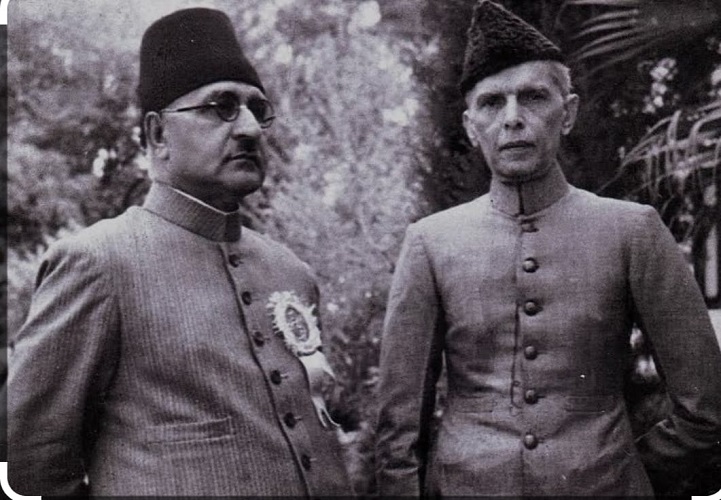
Allama Muhammad Iqbal, a great poet, philosopher, and thinker, was the first to present the idea of an independent Muslim state. His Allahabad Address of 1930 clearly emphasized the need for a separate Muslim nation, which later became the foundation of the Pakistan Movement.

Nawabzada Liaquat Ali Khan, who later became Pakistan’s first Prime Minister, was a close associate of Quaid-e-Azam and played a vital role in organizing and strengthening the All India Muslim League. His contributions were essential in stabilizing Pakistan during its early years.
Maulvi A.K. Fazlul Haq, who presented the Pakistan Resolution on 23rd March 1940 at the All India Muslim League session in Lahore, was also among the key leaders of the Pakistan Movement. The resolution laid the groundwork for the establishment of Pakistan.
Chaudhry Rahmat Ali, who coined the name “Pakistan” in 1933 and actively promoted the idea through his writings, is another important figure in the Pakistan Movement.
Although Sir Syed Ahmad Khan passed away long before the creation of Pakistan, his educational and social reforms played a significant role in awakening political consciousness among Muslims. Through the Aligarh Movement, he encouraged Muslims to pursue modern education, which later became crucial in the Pakistan Movement.
Alongside these leaders, figures such as Khawaja Nazimuddin, Hussain Shaheed Suhrawardy, Raja Sahib of Mahmoodabad, Sardar Abdur Rab Nishtar, and Fatima Jinnah made invaluable contributions to the creation of Pakistan.
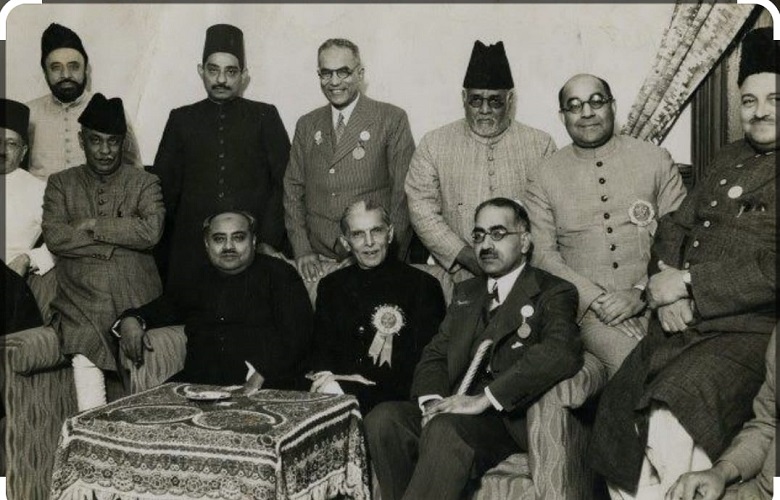
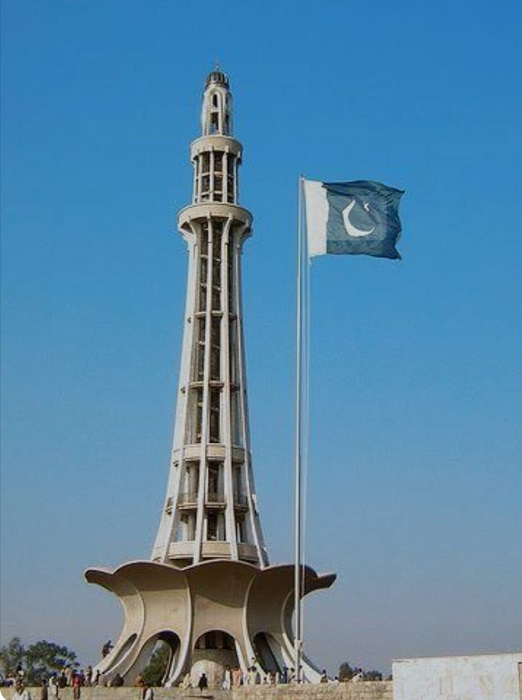 Pakistan Day is celebrated with great enthusiasm and patriotism across the country. The most significant event of the day is the Pakistan Day Parade, held in Islamabad under the supervision of the Pakistan Armed Forces. This grand military parade showcases the combined strength of the Pakistan Army, Navy, and Air Force, demonstrating the country’s defense capabilities.
Pakistan Day is celebrated with great enthusiasm and patriotism across the country. The most significant event of the day is the Pakistan Day Parade, held in Islamabad under the supervision of the Pakistan Armed Forces. This grand military parade showcases the combined strength of the Pakistan Army, Navy, and Air Force, demonstrating the country’s defense capabilities.
In addition to the military parade, flag-hoisting ceremonies are held across the country, including at the President House in Islamabad, provincial assemblies in Lahore, Karachi, Quetta, and Peshawar, and at Pakistani embassies worldwide. On this occasion, the President and Prime Minister of Pakistan address the nation, emphasizing unity, national development, and the significance of Pakistan Day.
Another important aspect of the celebrations is the distribution of national awards and medals. The President of Pakistan confers prestigious civil awards upon individuals who have made outstanding contributions in science, arts, literature, and public service. Some of the most notable awards include Nishan-e-Imtiaz, Sitara-e-Shujaat, and Tamgha-e-Imtiaz.
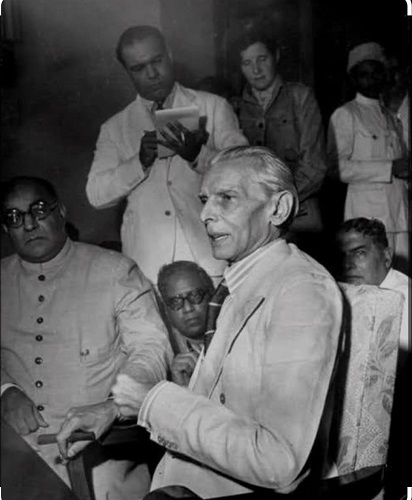
Educational institutions play a key role in the celebration of Pakistan Day. Schools and colleges organize special assemblies, debates, quizzes, and speeches to educate students about the significance and history of 23rd March. Students perform theatrical plays depicting the freedom struggle, sing patriotic songs, and participate in essay writing and speech competitions. These activities instill patriotism and national awareness in the younger generation.
On this occasion, wreath-laying ceremonies are held at the mausoleums of Quaid-e-Azam Muhammad Ali Jinnah in Karachi and Allama Iqbal in Lahore, paying tribute to the founding leaders.
Pakistanis living abroad also celebrate Pakistan Day with great enthusiasm. Around the world, Pakistani embassies organize flag-hoisting ceremonies, cultural exhibitions, and seminars, bringing the overseas Pakistani community together and strengthening their connection with their homeland.
Pakistan Day is a symbol of unity, sacrifice, and patriotism. It reminds the nation of the struggles and efforts that led to the creation of Pakistan. Without the leadership and dedication of Quaid-e-Azam Muhammad Ali Jinnah, Allama Iqbal, Liaquat Ali Khan, Maulvi Fazlul Haq, Sir Syed Ahmad Khan, Chaudhry Rahmat Ali, and many other leaders, Pakistan would not have been possible.
This day teaches us to work together for a strong, developed, and prosperous Pakistan. Every year, Pakistan Day is celebrated with national spirit, reaffirming our commitment to the vision of our founding fathers.
Whether through the grand military parade, national awards, or flag-hoisting ceremonies, Pakistanis around the world unite to honor their beloved country.
Pakistan Zindabad!
